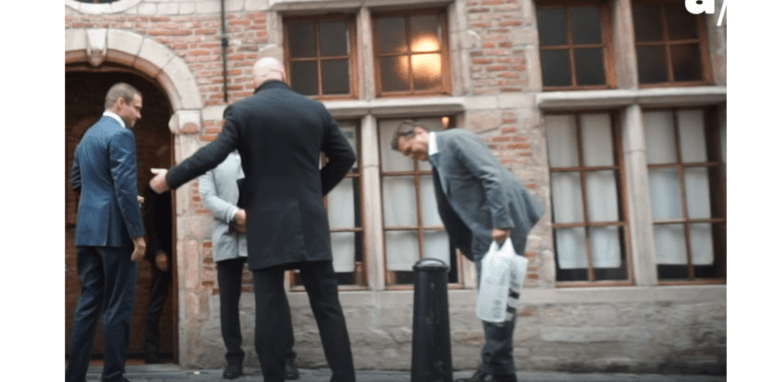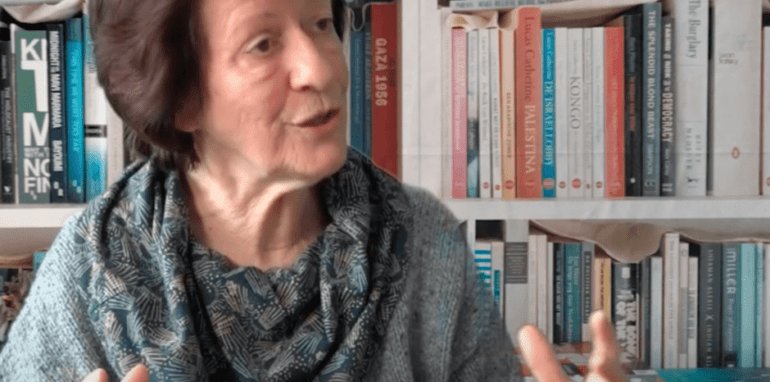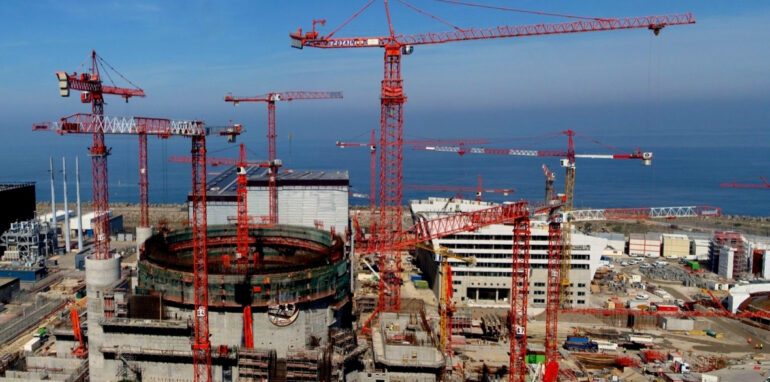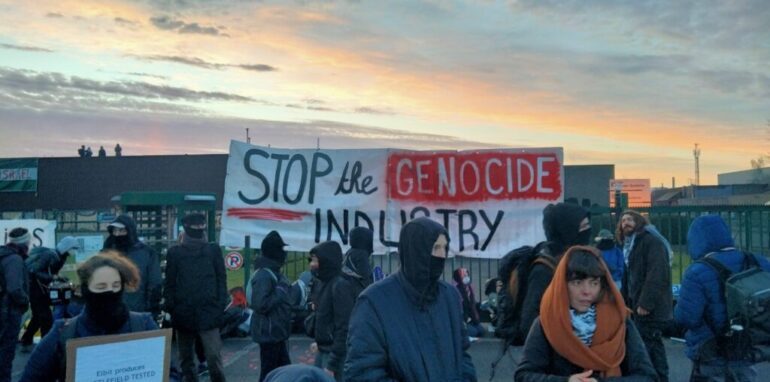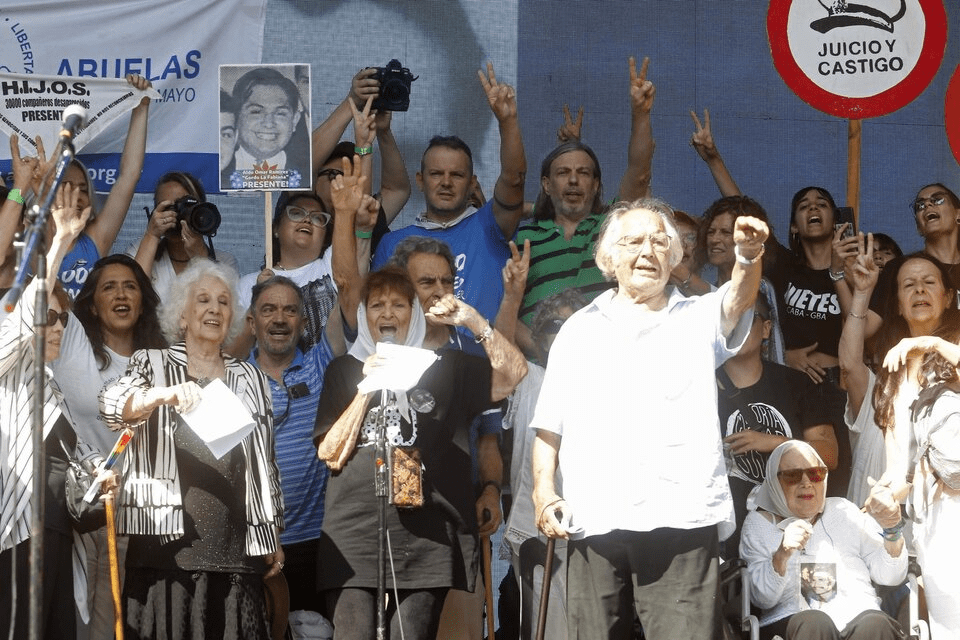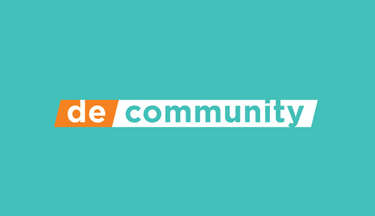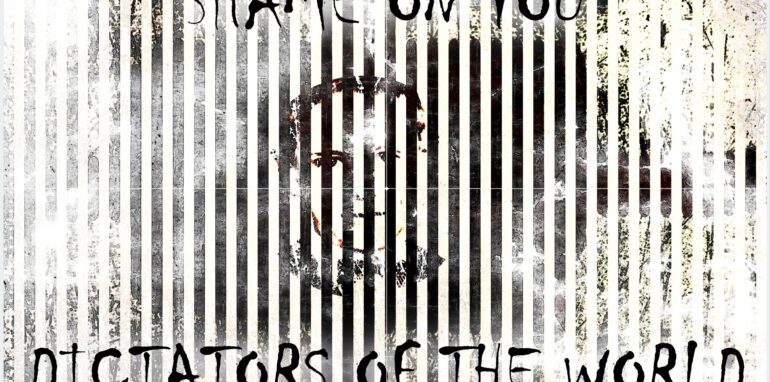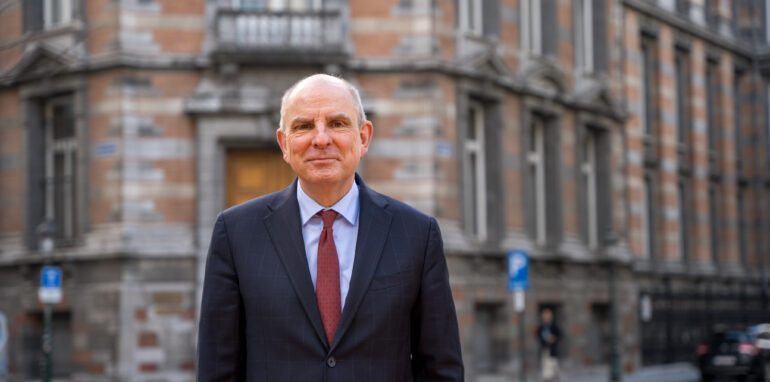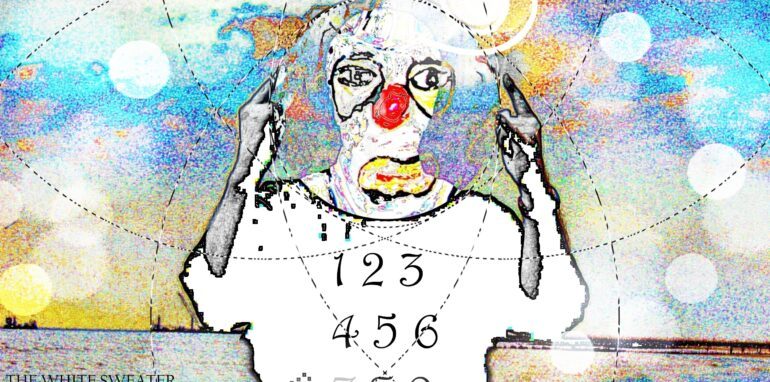This conversation took place on 4 March 2022. Black History Month Belgium is abbreviated several times in the text as ‘BHM Belgium’.
What are you doing for Black History Month Belgium?
Eric Cyuzuzo: “I am responsible for the partnerships in Brussels. Together with the team we thought about the themes and content of this year’s Black History Month Belgium events. We started at Ancienne Belgique two days ago and already had a great night on ecofeminism and decolonial ecology last night at Beursschouwburg. We just keep going.
We have teams based in each city which were born in different chapters. The Brussels chapter of BHM Belgium arose in 2020. After the first editions in 2018 and 2019, everyone realized they loved it in Antwerp. Because of that we wanted to bring BHM Belgium to other cities and make it even more community based. Last year we did some events online and this year we’re back.
For the 2022 edition we wanted to look for young people who are as motivated as we are to offer spaces to people in their own cities and give them the platform that we have built, in order to create something bigger together.”
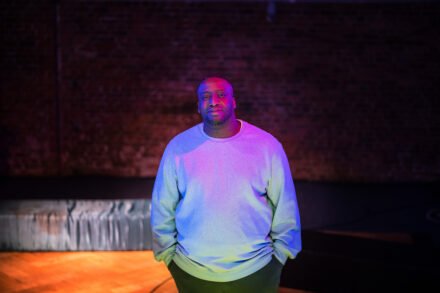
Eric Cyuzuzo. Foto: Malkia Mutiri
How are you building more community around BHM Belgium? What does community building mean to you?
“Actually the two people who started BHM Belgium made the perfect combination to start an organization that would be all about building community events. Mohamed Barrie is a social worker who is a DJ as well. He has interests in everything that has to do with cultural events and coming together. Aminata Ndow is a historian, obsessed with the history of the continent and the diasporas.
Besides that, community building is about bringing Black people or people of Black descent together, to not only talk about history but also celebrate our present and look forward to our future.
When the main team of BHM Belgium reached out to different cities, they tried to look for collectives, organizations or people with the same kind of political and ideological point of vue that we have, not to exclude anyone, but to really create inclusive spaces for our people with all the intersecting identities that they have. To create something ‘for us, by us’.
Community building is also about making sure that, when even some events are open to non Black people, the goal is still to center Black people and their experiences. There are no rules within the work we do with different Black communities, that would be very imposing, but unlike the US and Canada, where February is officially recognized by the state as Black History Month and the UK and EU where this applies to the month of October, Black History Month Belgium is a non-governmental organization that organizes official events in the frame of our organization.

Opening Black History Month Belgium 2022 in AB. Foto: Malkia Mutiri
Getting BHM Belgium officially recognized is not our ambition. We want to clearly frame our work and avoid recuperation for capitalistic purposes.
Since the late seventies and eighties you could see BBC (British broadcaster) doing everything about Blackness that month. The difference is that in Belgium the organization puts BHM Belgium on the agenda, not the state.
The reason why we don’t want BHM Belgium to be officially recognized by the state is because people then can run away with all the work we have been doing. Having an official Black History Month Belgium would end up very capitalistic, with stores and commercial outlets using our communities to give discounts and make profits.
That way, events or campaigns would be organized by – also – white and non Black people, which would not result in a correct way of portraying Blackness in all its layers and differences.”
Do you think that, since we are in Europe and specifically in Belgium, where there’s a diverse group of Black people, diasporas or people who are born on the continent of Africa, this heterogeneity makes it harder to find a program with which you can address everybody?
“It is in a way difficult. For example, when you look at the US, you’ll see that they are mostly celebrating achievements from the past, present and future of people with American chattel slavery descent. That is more easy to canalise or focus on.
Here in Belgium the situation is more diverse. We live in a system with a colonial history. Many descendants from African Black nations (who did not call themselves Black before colonizers got there) that were colonized by European nations, are now in Belgium through immigration.
That’s why there are a lot of people with Congolese or Rwandese roots living in Belgium, but besides that there are also other national origins and ethnicities within Blackness. The point of BHM Belgium is to be inclusive to all Black people no matter what their origin is.
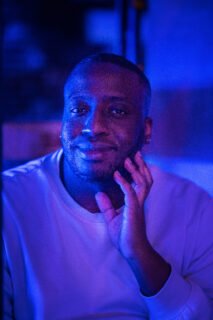
Eric Cyuzuzo. Foto: Malkia Mutiri
And right because of this reason, I talk about Black communities and not just about ‘one’ or ‘the’ Black community. There are many subsets and intersections, so we want to make sure that the events feel welcoming to all different intersecting identities within Blackness.
Ofcourse, some events are targeted at people with specific origins and people with sexual orientations or specific gender identities and/or expressions, so that everyone can find something for themselves.
When people tell us that they are missing certain subjects in the BHM Belgium-program, we know that this is the case because everyone working for BHM Belgium is a volunteer. Doing voluntary work takes time and mental space, and is therefore a luxury if you are able to do it. That’s why in the future we would like to have the means for everyone to get paid, so that they can keep doing what they love and make a living off it.”
Do you think the more volunteers work for BHM Belgium, the more you can address the needs of different people?
“First of all, there has been a big shift in the organization because our coordinators moved to the US. They are now doing the national coordination, but the volunteers this year really took on the events like never before.
I recognize that the bigger we grow, the more diversity we see in the events. For example: this year someone wanted to engage in a cooking event, which is something I had never thought about before.
“It starts with embracing the complexity and diversity of Blackness.”
The more years pass, the more forms of art, topics, discussions and platforms we have. That is primarily because we do not approach Blackness as this ‘thing’, but as multiple layers and intersecting identities, interests and origins. We don’t push anyone into boxes when they want to be part of BHM Belgium.
I think this is also a matter of growing and learning, the more events we organize the more people will recognize or find something for themselves. It starts with embracing the complexity and diversity of Blackness.”
How do you think the Black Lives Matter protests of 2020 impacted the organization of Black History Month Belgium?
“Last year we had to organize everything online. The theme in 2021 was ‘collecting our pasts, presents and futures’, so basically archiving. That was interesting because we did everything online through zoom sessions, online recordings in studios from partners, and we just used all our archives. Although it was a silver lining it worked very well, also within the team.
This year, the BLM protests actually played an important role in defining our theme. The theme this year is ‘the power of assembly’, because we were not able to gather last year. The actual power of assembly was visible to us at the opening party of BHM Belgium in 2020 (before covid broke out), which had a big impact in Brussels.
95 percent of the public were Black people and they were all gathered in one space while listening to music and dancing. All of that was organized in just a few days and it was the first time that BHM Belgium ever took place in Brussels. We immediately thought: ‘Wow, what if we all come together, put our ideas on the table and look for partners?’ It would be super powerful.”
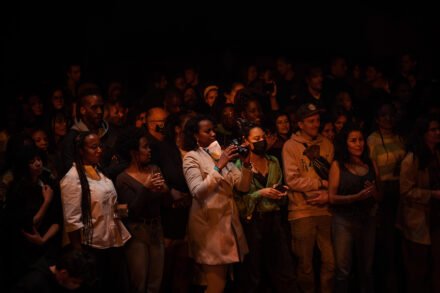
Opening Black History Month Belgium 2022 in AB. Foto: Malkia Mutiri
When people get together to organize, it has a huge impact. We saw that not only through everyone using and sharing one hashtag to push and spread information online and creating online communities, but also the huge demonstrations with tens of thousands of people participating clearly showed the power of gathering.
We don’t know if this power is to be enduring, but at least the power of assembly at those moments is something we realized had to be celebrated. So the theme of this year was in some way shaped by what happened in 2020 and 2021.
2022 has had a good start so far, the opening in AB was everything that we wished for. We were able to bring amazing musicians on stage, we had drummers who perpetuate traditions from the continent which we grew up with when going to celebrations and weddings. Having them take that space and see all these fulfilled happy faces of people was already an amazing return to live events for BHM Belgium.”
Do you think the debates and everything happening during BHM Belgium could have an impact on, for example, policy makers, art institutions …?
“If that happens it’s a plus, but it’s not a goal. The point of BHM Belgium is really for people to inform themselves and learn about themselves. For example, on International Women’s Rights Day we ask ourselves: who has been defined as women forever? It was never Black women.
That’s why we created an event about Black feminism, so we can learn from ourselves how Black feminism has started to conquer these oppressions. We learn about how Black feminism manifested in Brussels in the past and now, and ask ourselves: what is the hope for Black people in the future, especially for Black women and non-binary people, and Black feminists? It is an event for Black women and non-binary people to learn about the histories they didn’t know about, so that they can share knowledge, experiences and learn more about organizing collectively.
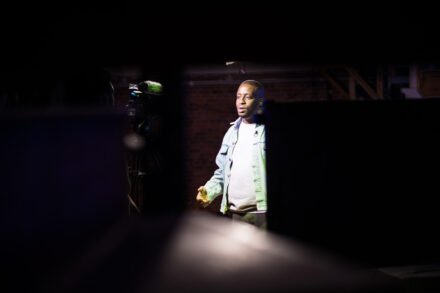
Eric Cyuzuzo. Foto: Malkia Mutiri
The events are about self reflection and introspection. Ofcourse, if some of the events are public or recorded and something comes out for institutions and society to change for the better, then great. But it’s not our first goal.
Not putting hope in outside change and mostly working inwards for our own communities, can seem to sound hopeless, but we work like that because we want to live on hope for inside change and dream about doing better for our communities. We want to see and feel what we are achieving by just building ‘for us, by us’. I think that is the radical optimism that we need right now.”
You will come out stronger when you work for yourself.
“Absolutely. Also, there are so many spaces that I wish I had growing up as a Black kid in Belgium, especially because I was asking myself a lot of questions about identity and sexuality.
And that’s why we are creating different events for Black people who are going through the same motions, so that they can come together, reflect, learn and come out of it a bit more healed or a bit more certain of who they are. Those are the events that I would have needed and they are also helping me to heal inside. No one at BHM Belgium would organize something they don’t want to go to themselves.
BHM Belgium is about creating community. Hopefully this month even inspires other people to come and do the same thing. But at the same time there’s also an aspect about BHM Belgium that is very much about the self.
That’s why it is important to do this in our own communities. If it has an impact outside, that’s amazing. If it doesn’t, at least the community grew and got something out of it.”



 “Franse kernenergie? Ongelooflijk dat hun leugencam...
“Franse kernenergie? Ongelooflijk dat hun leugencam... 